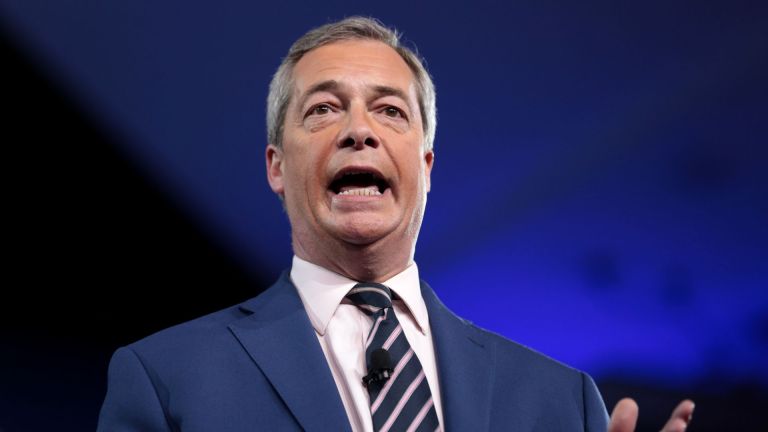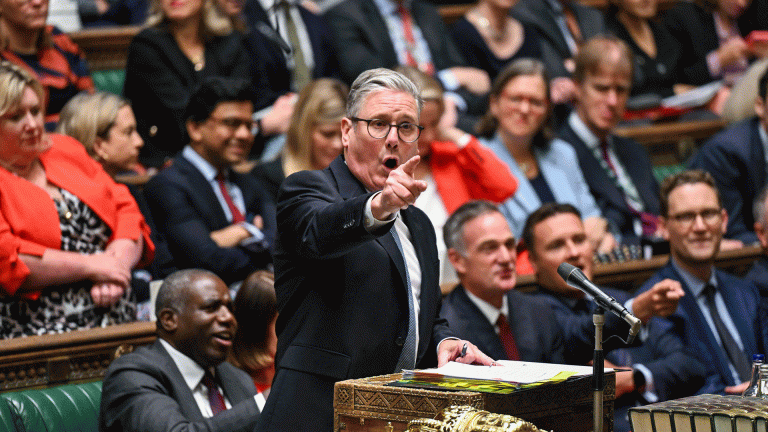The pandemic put private member’s bills on hold until last week’s Queen’s speech but the new parliamentary session paved the way for the bill to be reintroduced in Westminster.
The bill’s goals remain unchanged. Lord Bird is calling for a ‘future generations test’ for all new policy changes as well as a Joint-Committee on Future Generations in parliament to ensure public bodies hit wellbeing targets.
The proposals are inspired by legislation already in place in Wales. The Well-being of Future Generations (Wales) Act 2015 came into force in 2016, demanding that 44 public bodies, including Welsh ministers, take action to improve economic, social, environmental and cultural wellbeing.
It also created the role of future generations commissioner – which Sophie Howe has held since its inception, to scrutinise decisions – although the role has little legal power.
Lord Bird’s UK version aims to create a commission, rather than a singular commissioner, to examine government decisions. The draft legislation also aims to have more legal power than its Welsh counterpart, requiring wellbeing targets to be set and an explicit legal right for individuals to hold those bodies to account where they are not prioritising the welfare of generations to come.
Advertising helps fund Big Issue’s mission to end poverty
The revamped bill also plans to create a responsibility for ministers in each Westminster government department to assess wellbeing goals while requiring those setting budgets to measure and increase their preventative spending if it comes into force.
Lord Bird is not the only one looking to place a greater emphasis on wellbeing.
Grassroots activists at Wellbeing Economics Brighton have launched a parliamentary petition calling on the UK Government to pursue a wellbeing economy approach rather than “fixating on short-term profit and growth”.
The campaigners are aiming for 100,000 petition signatures before September 26 to secure a parliamentary debate on the issue. So far, the petition has amassed 16,200 signatures, well over the 10,000 threshold which requires the government to respond.
The Wellbeing of Future Generations Bill’s path to law
Private member’s bills are potential laws introduced by an MP or peer from outside of government.
Very few make it into law without government support. In the last few years, the Conservative MP Bob Blackman’s Homelessness Reduction Act came into force after starting as a private member’s bill. As did ‘Max and Keira’s Law’ – or the Organ Donation (Deemed Consent) Act as it is officially known – which swapped the opt-in system for organ donation with a requirement for people to opt out if they don’t want to donate their organs after death.
Advertising helps fund Big Issue’s mission to end poverty
Private member’s bills must undergo the same scrutiny and clear the same stages as any other bill to make it into law. The bills can start in either the House of Commons or House of Lords but must go through both houses and receive royal assent from the Queen before coming into force.
The first reading introduces the bill to the respective house and just requires the member in charge to read the bill’s long title. From there the second reading is the first chance for MPs or peers to debate the bill and suggest amendments.
The committee stage follows, with a detailed line by line analysis of the written bill. The report stage is next where the bill is discussed further and reprinted to include all amendments. The third reading is the final stage, allowing MPs and peers one last chance to debate and amend the bill.
If the bill passes all these stages it must then repeat all the stages in the other house – the Commons if it has passed through the Lords or vice versa. If the bill clears the other house then all amendments must be agreed between both houses before the bill receives royal assent. The process, known as ‘ping pong’ can see the bill go backwards and forwards between the two houses until there is agreement, as seen recently with the Fire Safety Bill.
Support the Wellbeing of Future Generations Bill by emailing your MP to ask them to attend the virtual parliamentary reception on Wednesday June 30. Find out more by visiting the Today for Tomorrow campaign’s website










